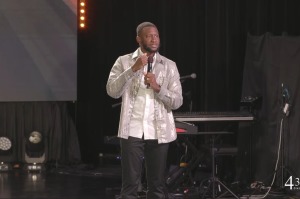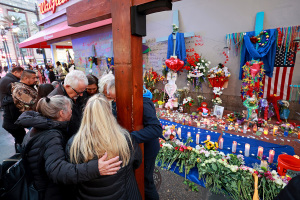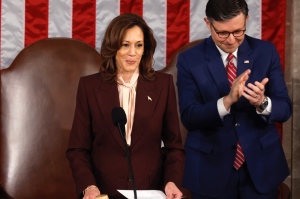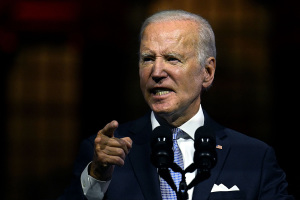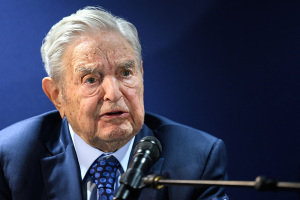Theologians to Engage in 'Cruelty' Debate
Twenty-five theologians from all over the world will gather near Lausanne, Switzerland, this week to debate why and to what extent cruelty can be considered as a new theme for theological reflection.
The meeting, which will take place Dec. 5-8 in the town of Crêt-Bérard, is being treated as a top priority following the consistent waves of publicity that have engulfed various issues across the globe over recent years.
The gathering will focus on the theological basis to assess such issues as political detainees in Iraq and Guantanamo, Lebanon caught between Hezbollah and Israel, current and past genocides, atrocities against the Dalits, the use of rape as a war weapon, various forms of terrorism and counter-terrorism, torture, xenophobia and racism, domestic violence – all instances where cruelty has been publicized by the worldwide media.
In the run up to the event, the World Council of Churches (WCC) has brought up several questions for consideration: “What is cruelty?” “Is it a truly new theological topos?” “What does it do to the humanity of the victim as well as of the perpetrator?” “How does cruelty make reconciliation a hard and complex process as its ‘contagious’ trauma results in endless cycles of violence?” And, most importantly, “how can churches respond to the different manifestations of cruelty?”
Organized by the WCC and the Evangelical Lutheran Church in America (ELCA), the gathering of theologians will address the issue of cruelty beyond its common portrayal as a mere behavioral trait – a perspective which relegates it to the realm of psychology.
They will focus on the often ignored fact that cultures, traditions as well as social, economic and political structures have been cruel, as well as creating an ethos that “enables” people to become cruel.
Twelve case studies from different contexts and perspectives will provide the basis for theological debate. The studies are about terrorism and counter-terrorism, torture, genocide, apartheid, racism, rape as a weapon, sex trafficking, military occupation, casteism, and violence against women.
In all these cases, discussion will focus on lessons from communities struggling in and resisting situations of cruelty, in order to explore a new theology of the cross which, overcoming victimhood, encompasses kindness, mercy and forgiveness, and enables churches to respond to the phenomenon with a renewed understanding of reconciliation.
The consultation entitled “A theological reflection on cruelty, the ugly face of violence” is part of WCC Faith and Order work to facilitate theological reflection on peace within the context of its Decade to Overcome Violence.
















